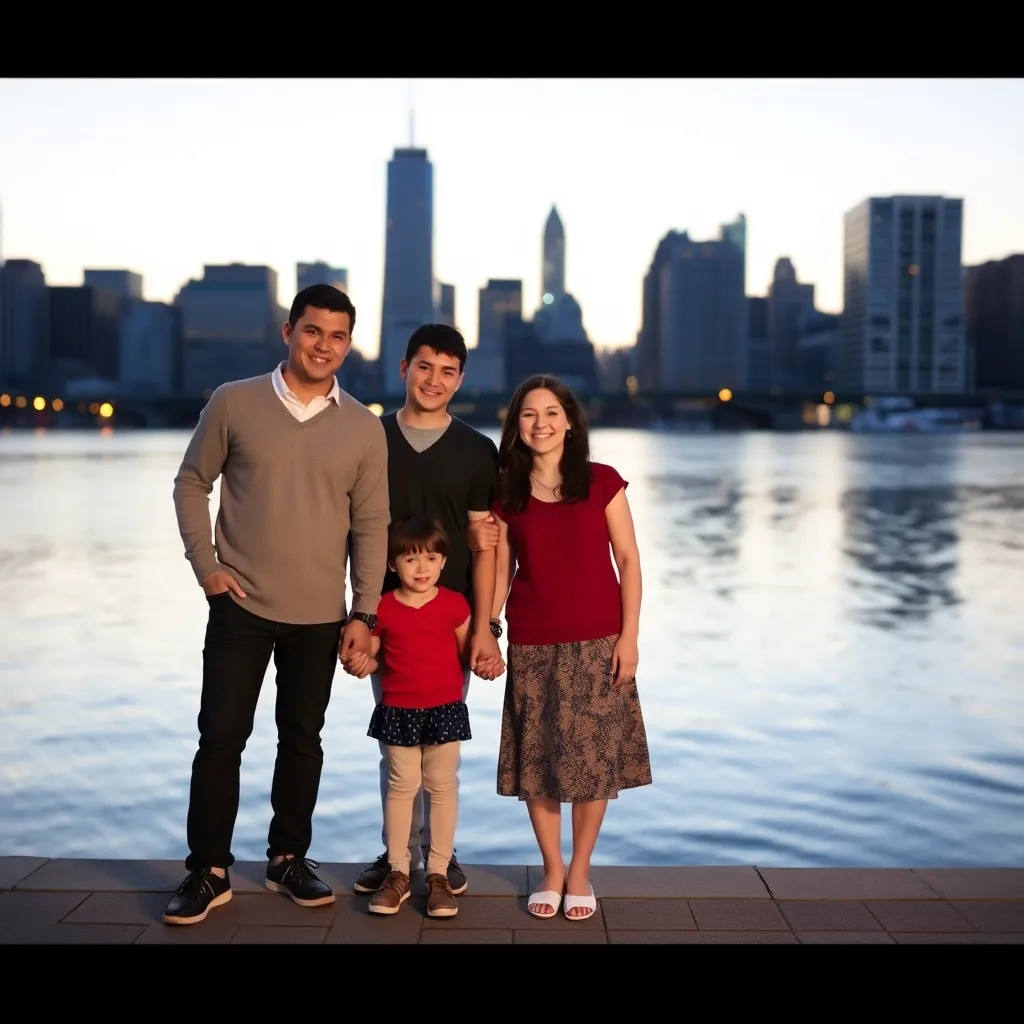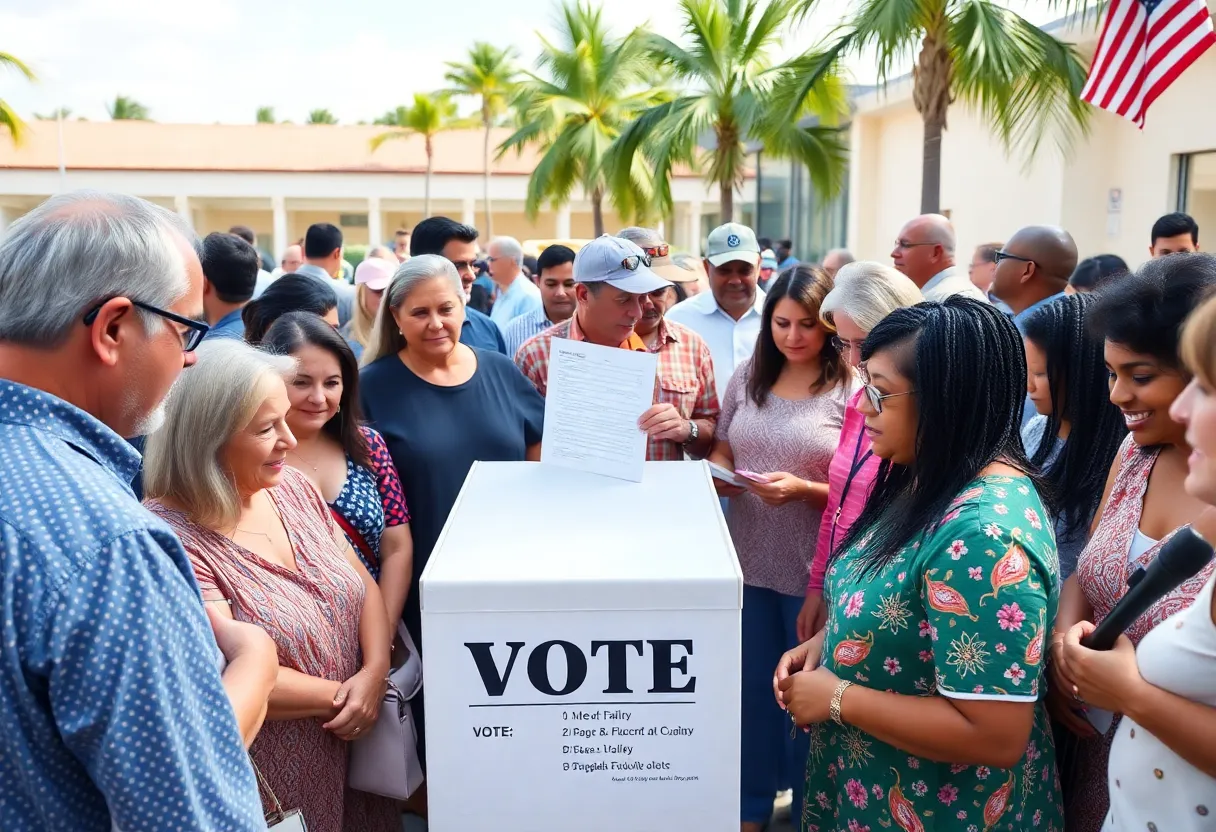Shreveport Family Takes Legal Action After Tragic Police Shooting
In a heartbreaking turn of events, the family of Fleen Myles III is taking serious legal steps against the city of Shreveport and the police officer involved in his fatal shooting. This case is illuminating deep-seated issues regarding police practices in a city where residents already feel a significant sense of distrust towards law enforcement.
What’s the Backstory?
On November 5, 2023, Fleen Myles III lost his life during an encounter with the Shreveport Police Department (SPD). According to the lawsuit filed by his family, Myles had been facing what they termed “constant police harassment” from the SPD, particularly because he refused to act as a confidential informant against his own nephew. This refusal allegedly led to an ongoing pattern of targeted surveillance and harassment from the police, resulting in a tragic chain of events that morning.
Myles stopped by a home on Rosemont Street to deliver money for a friend’s son. After leaving the residence, he was offered a ride and soon became embroiled in a police traffic stop that spiraled out of control. Eyewitness accounts suggest that SPD officers were actively stalking individuals on the block that morning, creating a tense atmosphere that Myles unfortunately fell victim to.
The Incident Unfolds
Around 8:45 a.m., police initiated a traffic stop involving a car Myles was riding in. What followed was not just a traffic stop, but a chaotic foot chase. Reports indicate that during the chase, Myles allegedly produced a handgun. However, there remains a controversial debate over whether he posed a legitimate threat. In fact, the lawsuit claims that at no point had Myles exhibited dangerous behavior that warranted such a response from the officer.
Officer Maverick Caldwell reportedly chased Myles through a parking lot before yelling, “I’ll shoot you.” After a flurry of chaotic exchanges, Caldwell drew his gun and shot Myles multiple times. The scene left many witnesses in shock as they watched this unfolding tragedy. The lawsuit argues that Myles never directly threatened Caldwell nor did he aim his firearm at the officer when he was shot.
The Lawsuit and Its Accusations
The family’s lawsuit names both the City of Shreveport and Officer Caldwell as defendants. They claim a pattern of systemic practices within SPD that include harassment, excessive force, and the unwarranted escalation of conflicts. Disturbingly, data referenced in the lawsuit highlights that Black Shreveport citizens are significantly more likely to suffer fatal encounters with police compared to their white counterparts—6.2 times more likely between 2013 and 2021.
The lawsuit further asserts that Myles’ death stemmed from a series of unfortunate events entwined with the ongoing harassment he faced from local law enforcement. Eyewitnesses recounted that Caldwell did not attempt vital life-saving measures on Myles until other officers arrived at the scene.
The Bigger Picture
This case is much more than just a legal battle for the Myles family; it is a reflection of long-standing community concerns regarding the SPD. The city has a notably large Black population and existing data indicates that its police force is disproportionately involved in shaping a fraught relationship between officers and the community. A previous formal request for a Department of Justice investigation into SPD practices underscores the ongoing issues.
As this story unfolds, many in Shreveport are left to wonder: how can the police force mend a relationship that has been frayed by years of mistrust? Public sentiment is growing, and calls for transparency in this tragic scenario echo through the neighborhoods where Myles lived and died.
The lawsuit has sparked widespread discussion in the community, with many people rallying behind the call for justice and reform in police practices. As the family continues their fight for accountability, families across Shreveport are watching closely, hoping for change in a system that has long been criticized.







